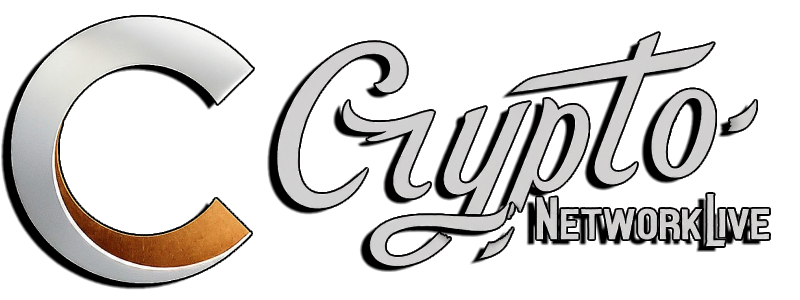Urgent Fix for Block Processing Bug in Ethereum Client Rolled Out by Nethermind

The execution client of Nethermind, a company responsible for Ethereum infrastructure, has successfully fixed a significant bug in several versions. This bug was causing hindrance for users in processing blocks on the ETH network.
There has been a lot of talk within the Ethereum community about the necessity for more diversity in client utilization, as a recent issue has brought up concerns about Nethermind, a minority client, and its users. This has prompted discussions about the over-reliance on Geth, which is currently the most widely used client. To address the issue, there is a growing call for a more balanced distribution of client usage.
According to a tweet posted on Jan. 21, Daniel Cadela, the co-CTO of Nethermind, acknowledged that the problem with consensus existed in versions 1.23 to 1.25 of their client. In response to user reports of block processing failure, a hotfix update (version 1.25.2) was promptly released.
The issue was initially discovered by a GitHub user known as "wga22", who raised the concern on Nethermind's GitHub page regarding their execution client's malfunction in processing blocks. While the bug only affected a small percentage of Ethereum nodes, it has sparked discussions about the network's dependence on the Geth client.
MetaMask has recently launched Validator Staking, which provides an opportunity for users to run their own Ethereum nodes. This new feature has been implemented to give users more control and flexibility. You may find this latest development quite interesting.
Currently, Geth is in charge of driving the majority (84%) of Ethereum's execution layer, while Nethermind only holds a smaller portion (8.2%). This difference has raised concerns about the potential centralization risks of relying on a single client, as supporters of decentralization emphasize the need for a diverse range of clients to ensure network durability.
In a tweet from last August, analyst Anthony Sassano acknowledged that the Ethereum ecosystem's success can be attributed to its diverse client base. This was evident at the time when there was a relatively equal distribution between Geth and Nethermind.
The immediate need for the hotfix release highlights the fact that any customer, regardless of their usage frequency, is vulnerable to software errors.
According to 'marceaueth', who posted on platform X on Jan. 21, there are concerns about the level of risk involved in using Geth, but this doesn't necessarily mean there is any criticism of the software itself.
A potential problem that exists in most Geth clients has the potential to cause serious harm to Ethereum. The imperative to have a diverse range of execution clients has become increasingly important since Ethereum's shift to proof-of-stake through the Merge. The Ethereum Foundation has encouraged stakers to switch from the dominant client in order to achieve a more evenly distributed upgrade process.
The recent problem experienced by Nethermind's client highlights the significance of having a variety of clients in order to prevent any potential weaknesses in the system.
According to proponents of decentralization, Ethereum's fundamental principles are contradicted by its heavy dependence on a sole client such as Geth. However, some detractors argue that the current distribution of clients is satisfactory, pointing out that past disruptions caused by lesser-used clients were handled effectively.
The recent occurrence with Nethermind highlights the importance of having fault tolerance and redundancy in blockchain networks, especially for those striving for top-notch security measures.
The text can be restated by altering its structure, while keeping the meaning and context intact. It is important to maintain the markdown formatting while doing so in order to avoid plagiarism.

%20(1)%20(1).jpg)
